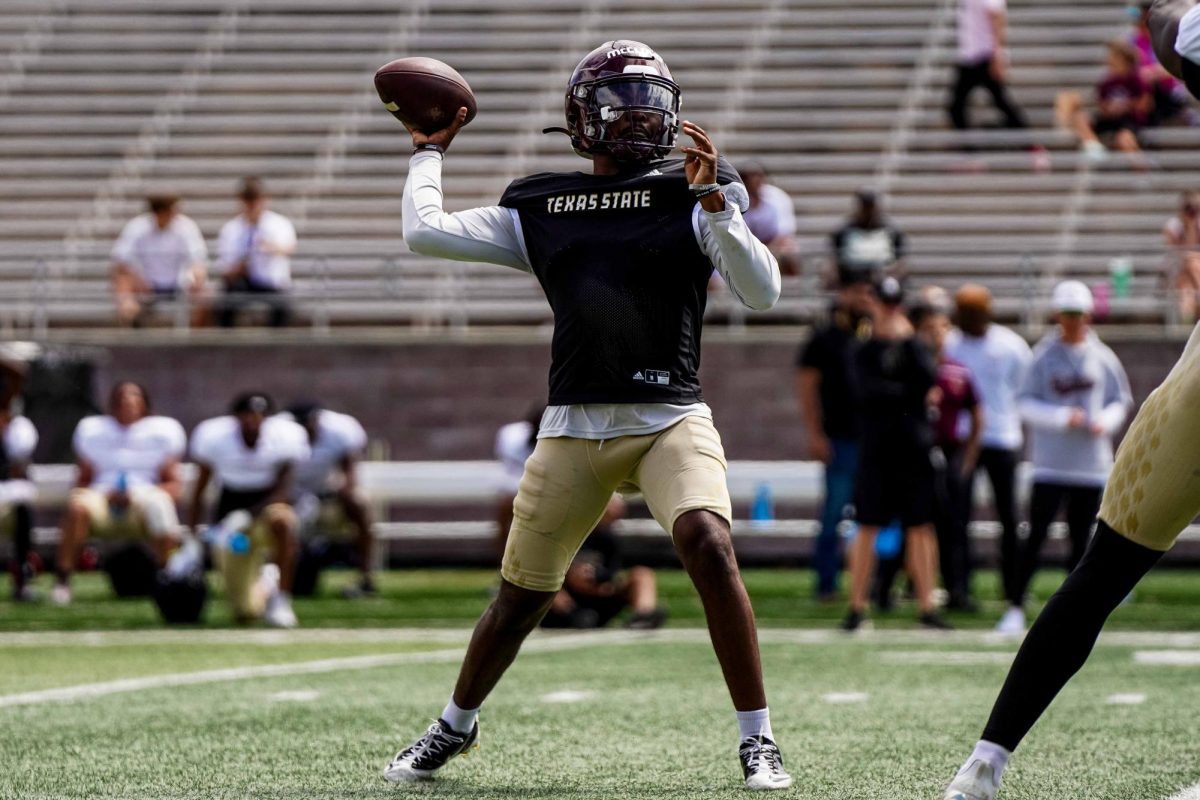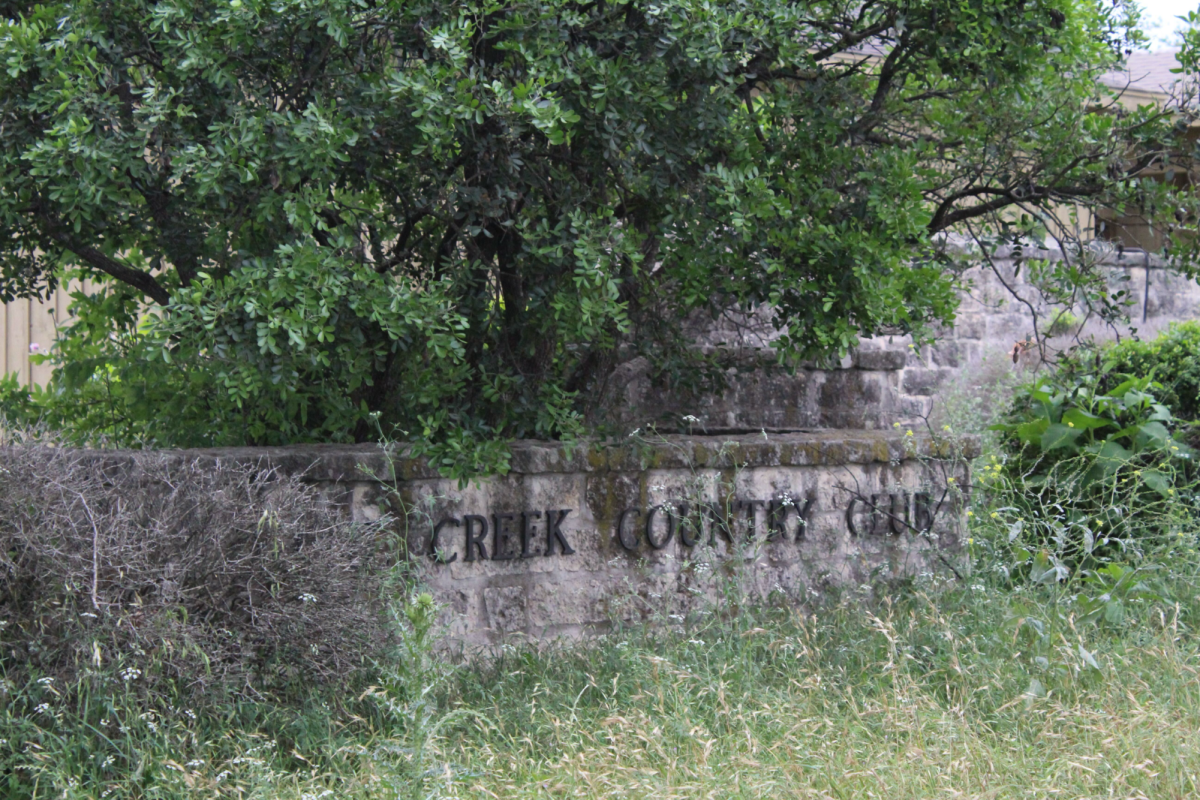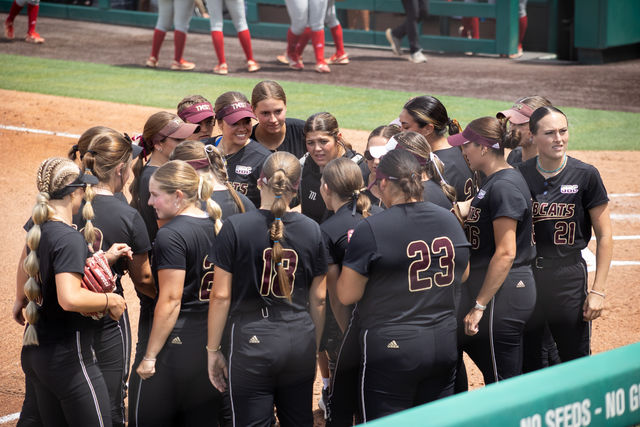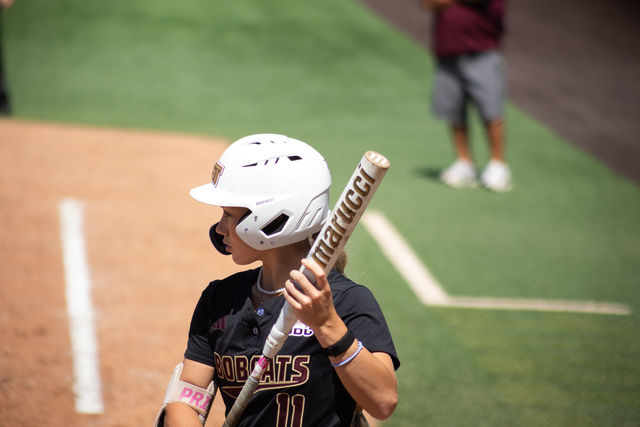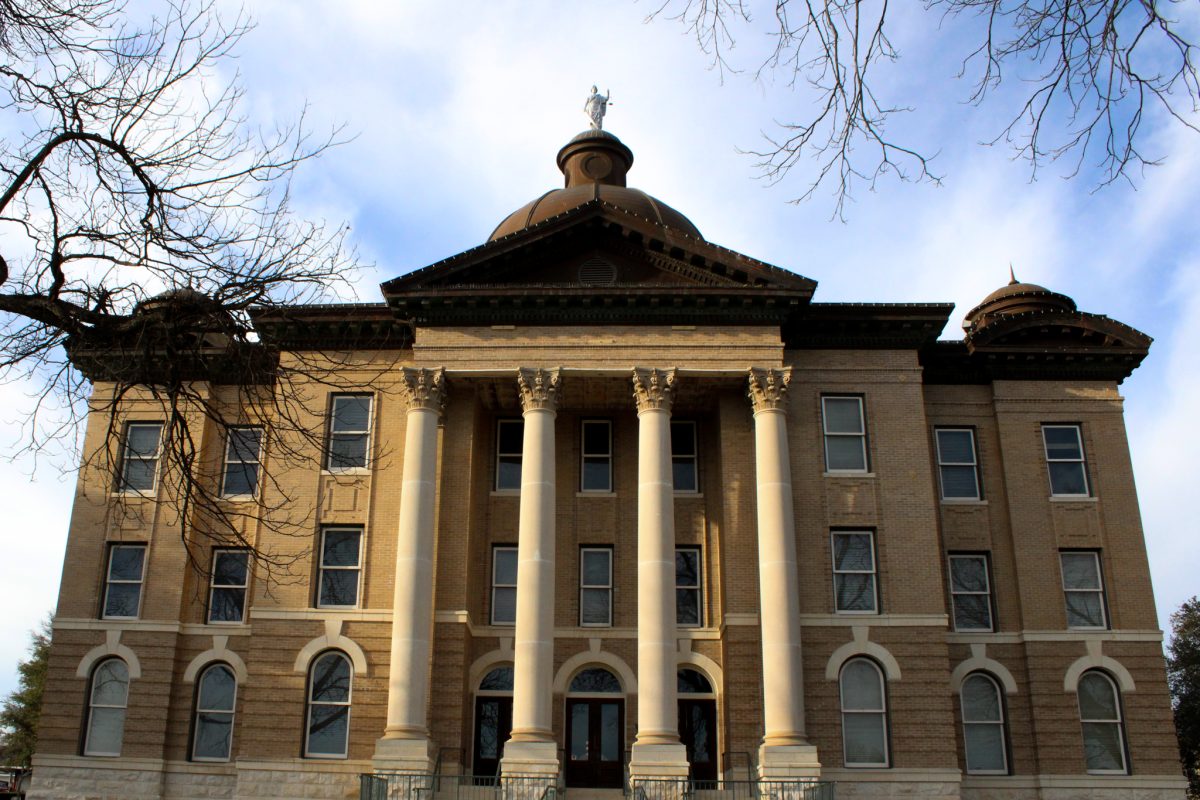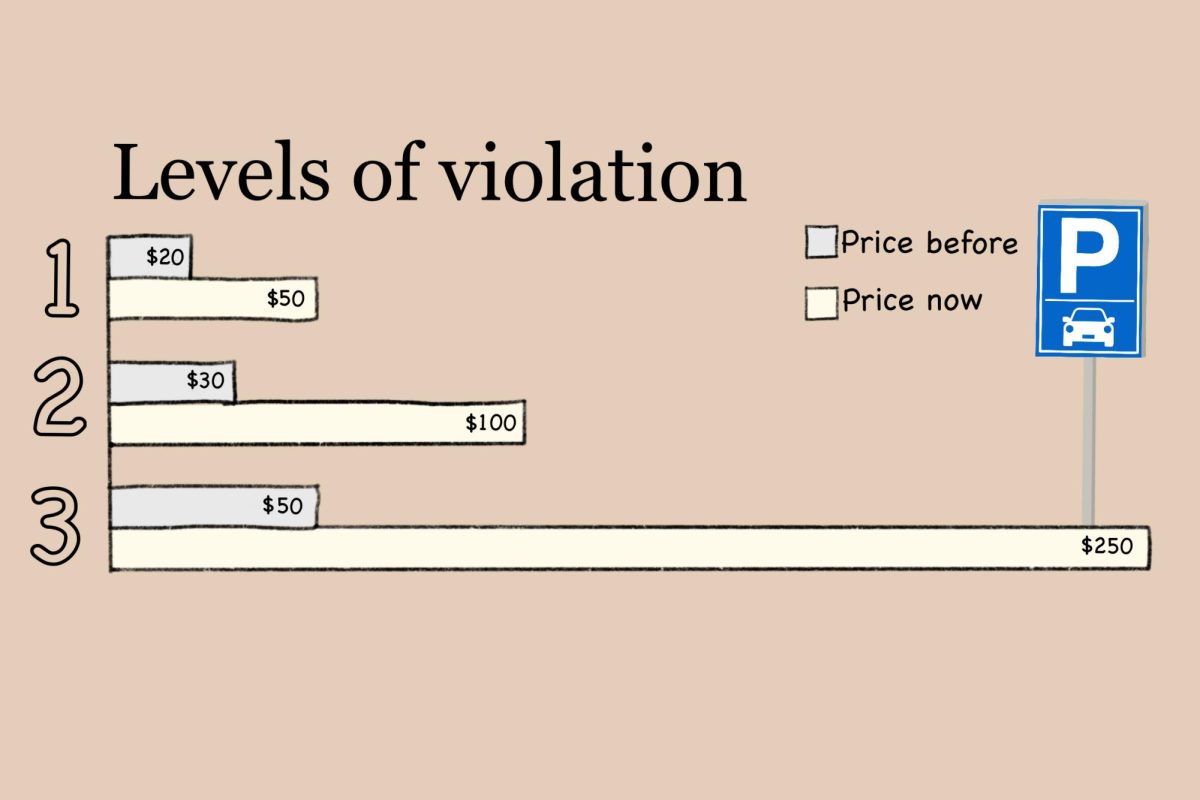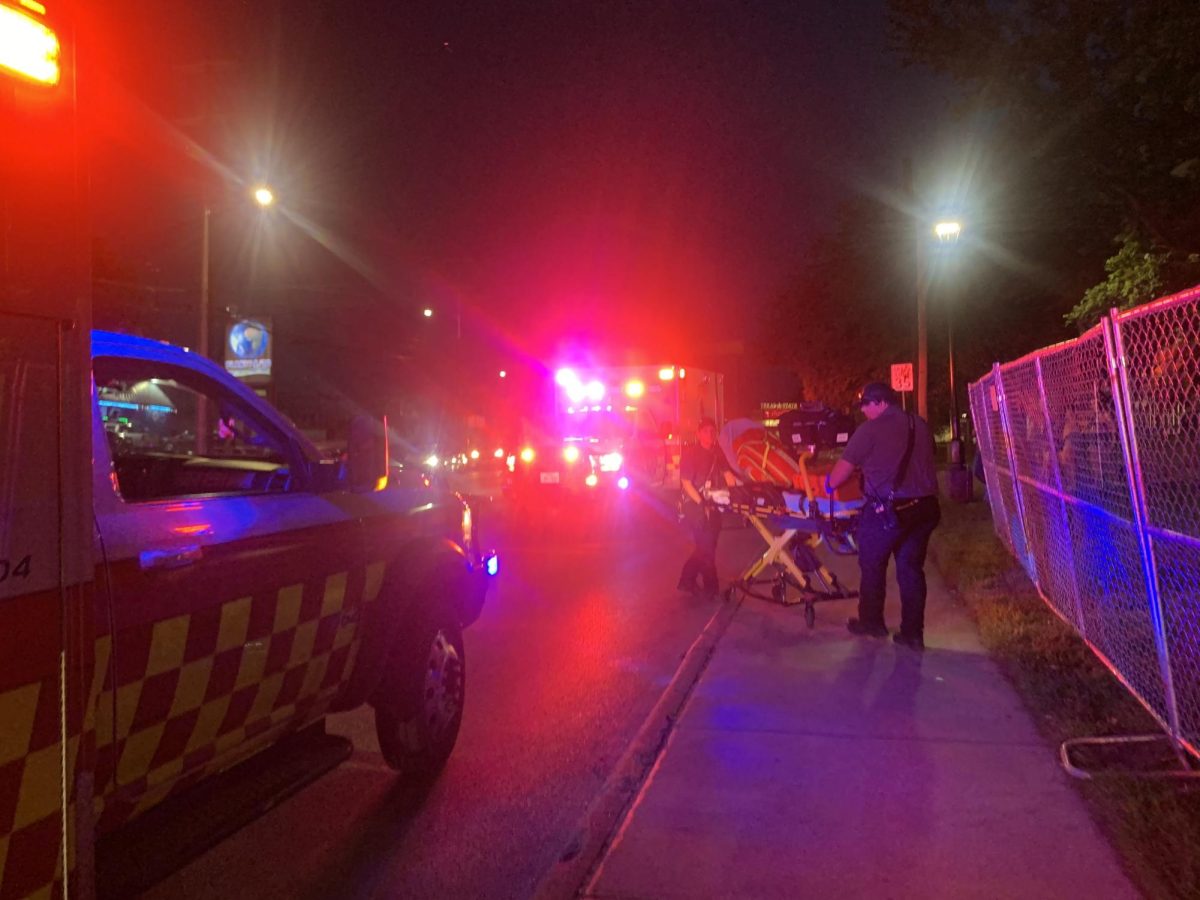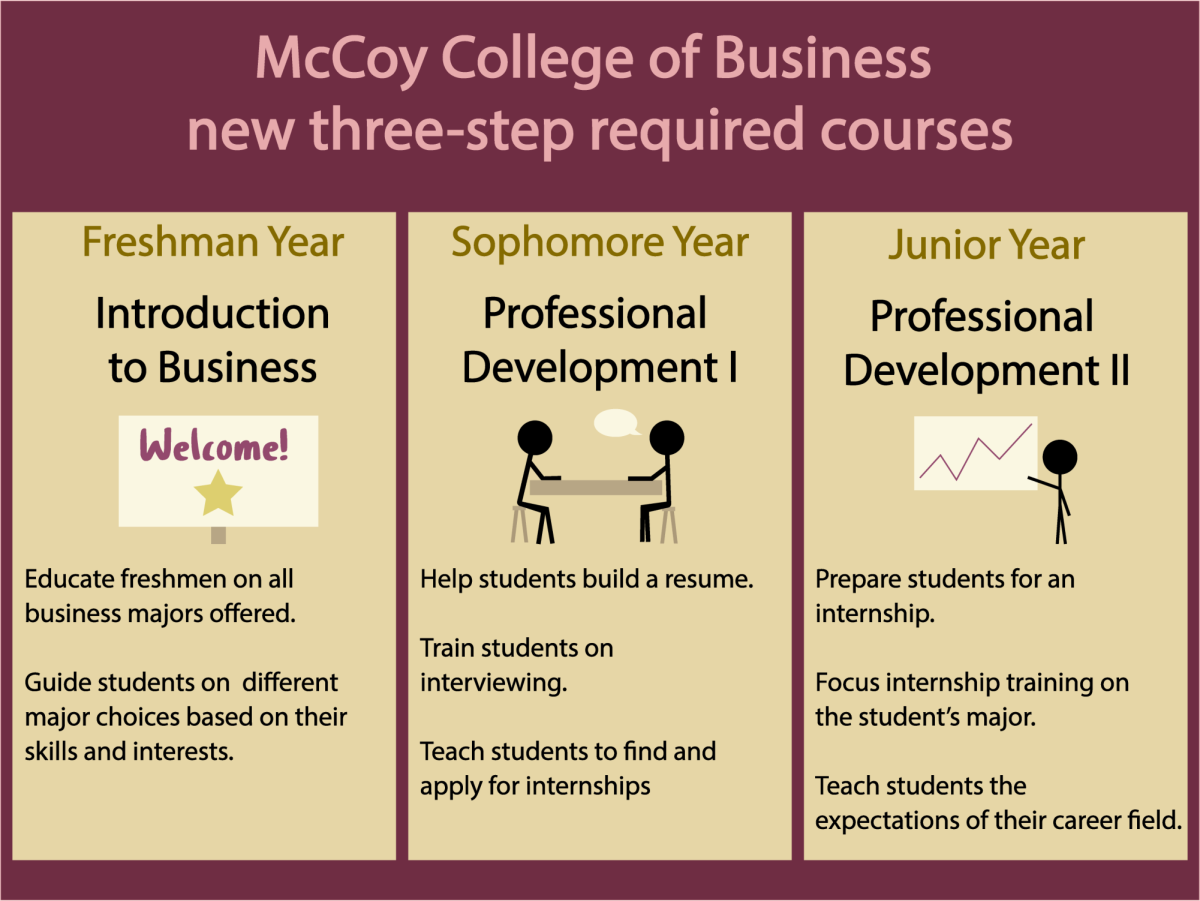From the first black Student Government president to the first black editor-in-chief of The Star, African-American students of color are creating a presence never before seen.
President-elect Corey Benbow won the 2019-20 Student Government presidential election that ended Feb. 21 with 61 percent of the votes and became the first black Student Government president in Texas State’s history. It’s a win for historically underrepresented communities on a campus plagued by white supremacy, an unkeen administration and never-ending Student Government controversies.
Benbow said the problem isn’t in the campus’ diversity but in its inclusivity. As he and Vice President-elect Tucker Thompson ready for their end-of-the-semester swearing in, they want to encourage students to participate in Student Government as much as possible.
“We are at the right time in history for this to go forward,” Benbow said. “How great this moment is for the student body. As we continue to impact change and move throughout (our) tenure as the Benbow-Thompson administration, this moment for the student body will be realized.”
Organizations such as the Pan-African Action Committee and Black Student Alliance actively strive for minority representation and were advocates for the recently approved African-American studies minor. These organizations were especially proud of Benbow’s election.
“We can’t wait to see the change your election brings to campus,” BSA tweeted to Benbow on the night his win was announced.
Another milestone for the student body was the appointment of Carrington Tatum as the editor-in-chief of The Star. Tatum began in May 2018 and shortly after discovered he is the first black editor of the 108-year-old publication. Despite his appointment, he said The Star is still lacking in diversity and inclusion, and he wishes there were more black journalists on staff.
“When you don’t have diverse people in the newsroom, you’re not doing diverse reporting,” Tatum said. “That means we’re going to have different pockets of our university that are underserved. It hurts the community in there are groups of people not being reported on despite being a very valid part of our community.”
Following last April’s student sit-in protest, university officials appointed criminal justice program coordinator Scott Bowman as the inaugural special assistant to the provost for inclusion and diversity, a position created to further inclusivity in courses and faculty.
However, in 2018, only 3.6 percent of Texas State’s faculty was black. This is in contrast to the 11.8 percent of black students make up the student body.
By fall, Texas State will offer an African American studies minor, fought for heavily by PAAC for the last couple years. Texas State approved the minor in late January.
Texas State has had a long history with its struggle to be inclusive. In 1962, Dana Smith was rejected from Southwest Texas State Teachers College in a letter from President John Flowers, the namesake of Flowers Hall, who stated only white people were admitted.
Her father hired an attorney who filed a complaint in U.S District Court. In 1963, Judge Rice signed a court order that ended segregation at SWTTC and soon after the first black students enrolled. African-American students were not allowed to live in residential halls or eat in the dining halls.
The school has come a long way since 1963, but there are many ways in which the school is lacking in inclusiveness.
“What I don’t want to lose sight of is, Texas State is not there yet,” Benbow said. “This is one step in the right direction, but we have a lot more barriers as marginalized students to break down.”

